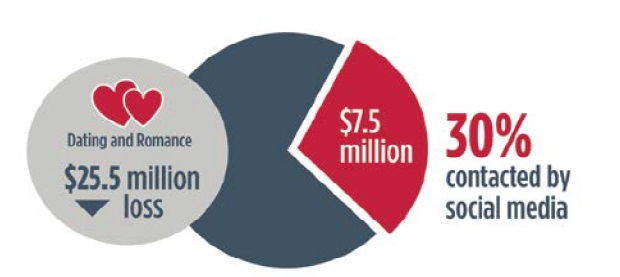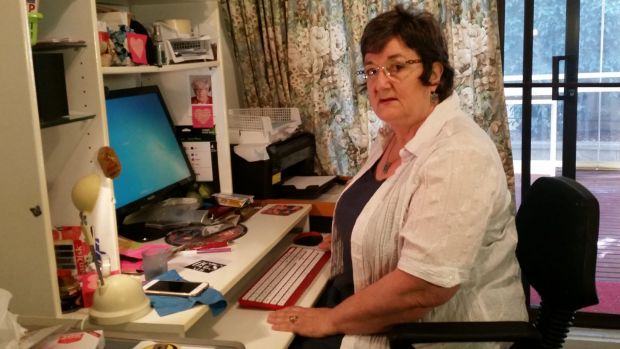The latest report out from the ACCC called Targeting Scams 2017 came out on Monday 15 May with the 2016 figures. In the area of romance scams the figures ($25.4 million reported lost) have not changed much, up slightly from 2015, but still under the 2014 level. The report indicates some moves in the right direction, but much more effort in many directions is still needed.
 Unfortunately, the figures reported cannot be regarded as a true level. It is generally acknowledged reporting is only at about 10% – 12% of actual cases. I was interviewed by Catherine Gregory of ABC News for The World Today program about the latest report and media release. Listen to this here. (PS: also, here’s my comments from last year’s report.) Continue reading Latest Targeting Scams 2017 report from ACCC
Unfortunately, the figures reported cannot be regarded as a true level. It is generally acknowledged reporting is only at about 10% – 12% of actual cases. I was interviewed by Catherine Gregory of ABC News for The World Today program about the latest report and media release. Listen to this here. (PS: also, here’s my comments from last year’s report.) Continue reading Latest Targeting Scams 2017 report from ACCC





 Whilst the cited cases are based around sending money to China for people or drug trafficking, and aiding and abetting offshore gambling, the terms of the overall judgement, taken jointly by a large number of US agencies, are much more general than just this. The problems with Western Union, according to them included:
Whilst the cited cases are based around sending money to China for people or drug trafficking, and aiding and abetting offshore gambling, the terms of the overall judgement, taken jointly by a large number of US agencies, are much more general than just this. The problems with Western Union, according to them included: 





